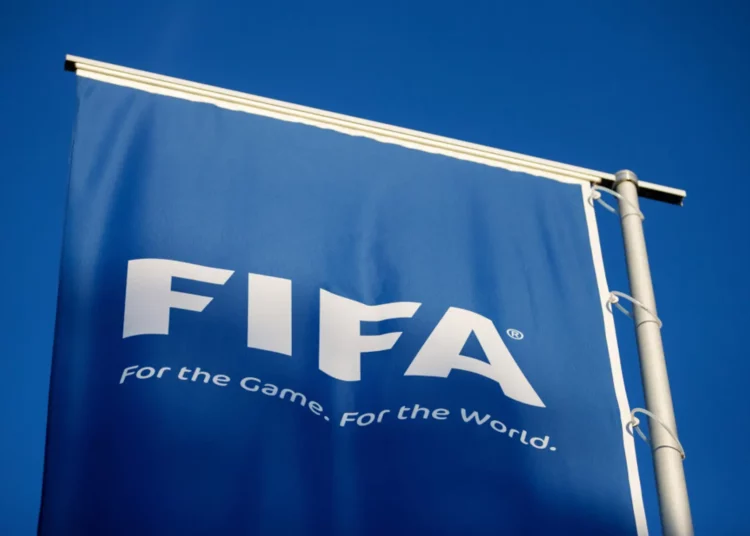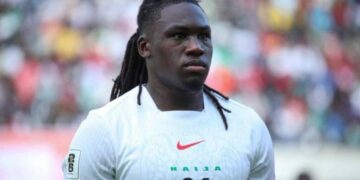In a growing storm of controversy, the Nigeria Football Federation (NFF) is facing fresh allegations regarding the misuse of FIFA funds, reigniting public scrutiny of the country’s football governance.
The recent uproar began with former Super Eagles captain Sunday Oliseh’s claims on the Home Turf podcast, where he accused the NFF of pocketing $1 million intended for players following Nigeria’s qualification for the 2002 World Cup. According to Oliseh, the funds, which were supposed to be shared among players, never reached them, with many from the qualifying team excluded from the World Cup squad.
The situation escalated this week as Nigerian football fans took to social media, particularly on X, to question the NFF’s handling of millions in FIFA and CAF grants. They pointed to the dilapidated state of stadiums across the country and the absence of Nigerian referees for the upcoming 2025 Africa Cup of Nations (AFCON) as indicators of mismanagement.
Central to the debate is the Birnin Kebbi Mini Stadium, recently highlighted by FIFA on its social media, which has been criticised for its substandard quality despite significant funding.
In response to the backlash, the NFF insisted that it allocates funds for specific purposes and undergoes annual audits, yet it has not provided detailed reports to the public.
This lack of transparency has intensified calls for accountability and reform within the football governing organisation. Wale Agbede, a sports broadcaster, expressed skepticism about the NFF’s practices, noting, “It’s a whole lot of money, almost $25 million in the last 10 years. It is hard to pinpoint any developmental projects the NFF has started and completed,” Agbede told an online newspaper.
Agbede further underscored the complexity of assessing the NFF’s actions, stating, “Have they acted in good faith? Who knows? It’s hard to tell. Have they been shady? It’s also hard to confirm or deny.” The broadcaster highlighted that while FIFA sends auditors to evaluate fund usage tied to specific projects, tangible outcomes remain elusive.
Compounding the situation, Kebbi State Football Association Chairman, Abubakar Ladan, clarified that the management of the Birnin Kebbi Stadium rests solely with the NFF, despite the state government providing the land for its construction. He emphasised that the stadium, inaugurated in 2023 and home to Kebbi United FC, was operational and had hosted various competitions. “Since its commissioning, the stadium has hosted several competitions, including the 2024 Governor’s Cup and National League One matches,” Ladan stated.
While Ladan maintained that the stadium is in good condition, the disparity between its perceived quality and the funds allocated for its construction has left many questioning the efficacy of the NFF’s management. The recent outcry over the stadium’s state has prompted calls for a thorough inquiry into the NFF’s financial practices, a move that Agbede believes is warranted.
“In other countries, when conversations like this come up, there is usually a committee, Congress, or panel set up,” he remarked, suggesting that Nigeria should follow suit to ensure accountability.
As the NFF grapples with these allegations, the future of Nigerian football hangs in the balance, with fans and stakeholders alike demanding transparency and a renewed commitment to developing the sport at all levels.
The spotlight is now on the NFF to not only defend its actions but to also demonstrate a clear path towards rebuilding trust and integrity within the nation’s football framework.




